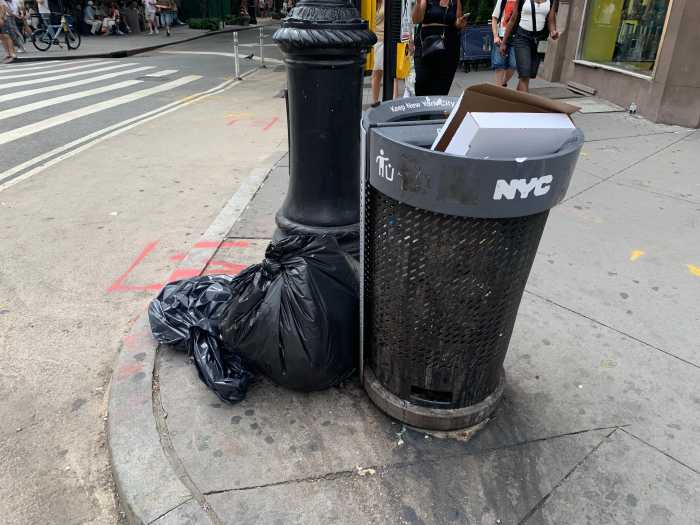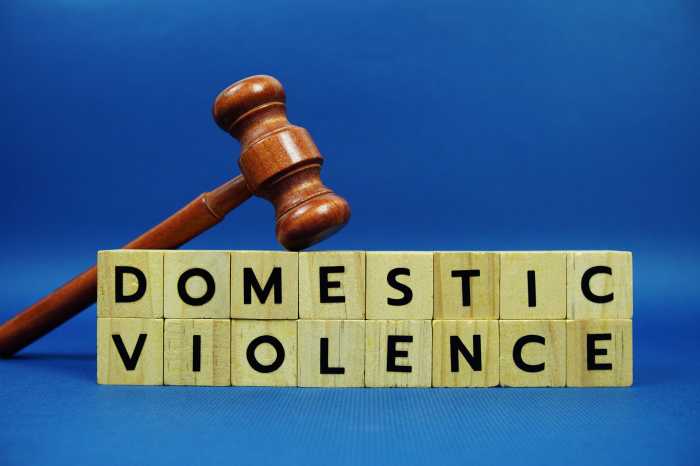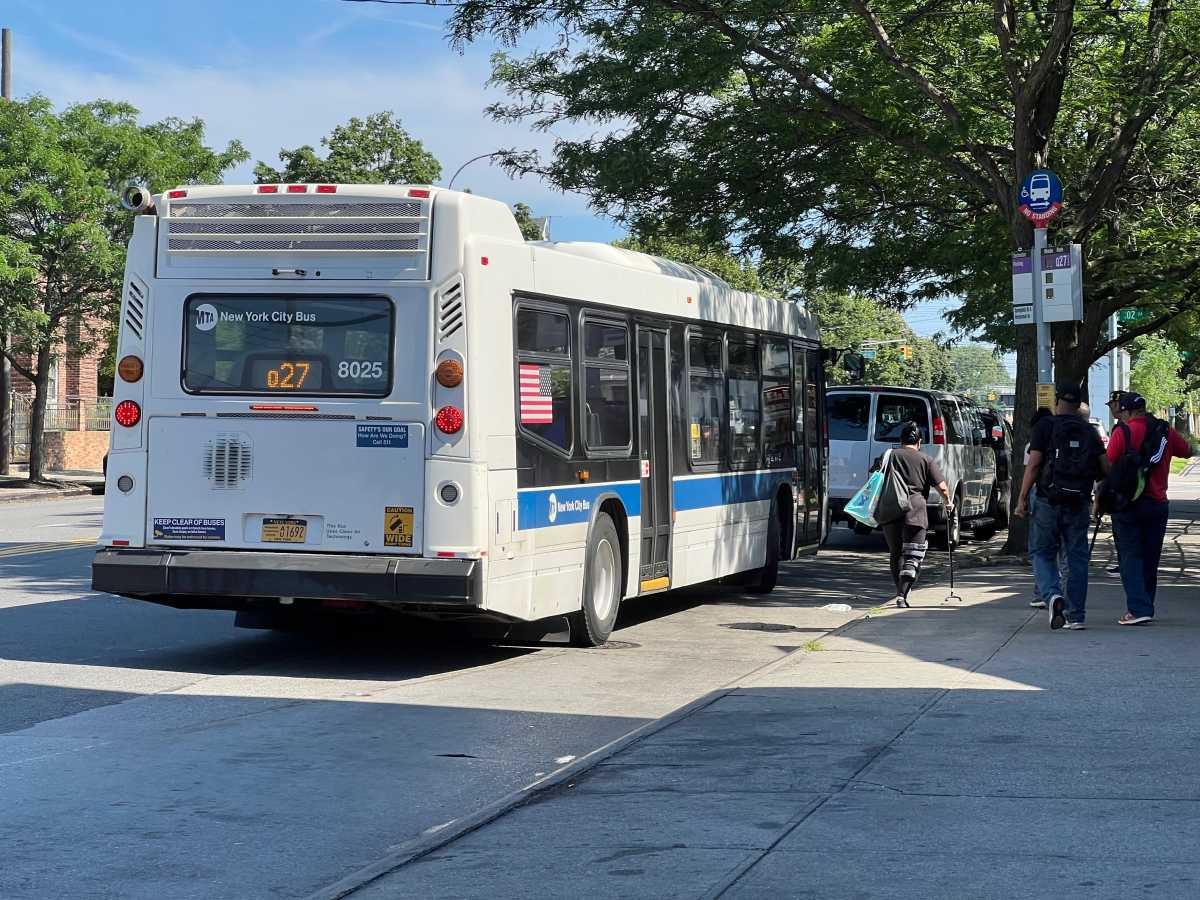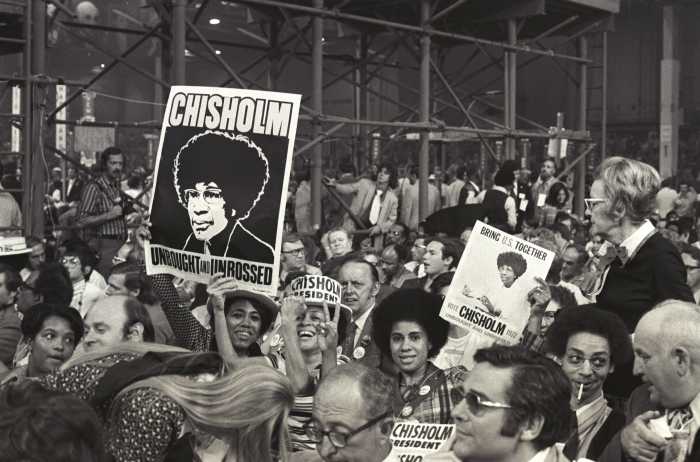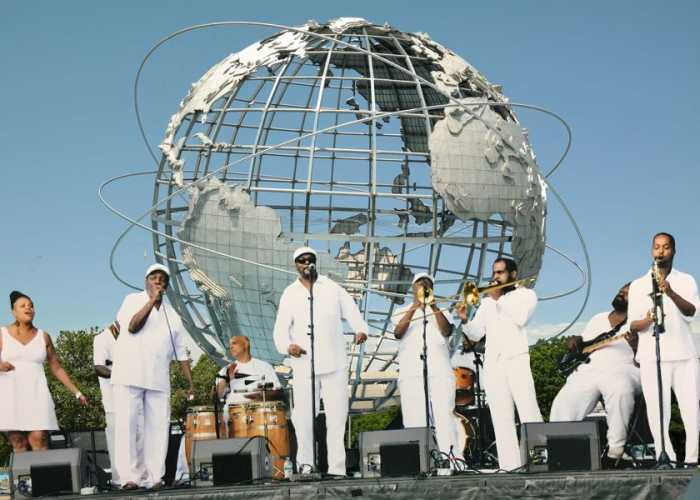
A month before President Barack Obama was elected in 2008, my mother had a heart attack that left her severely brain damaged.
My family’s grief was compounded when she had to relinquish her assets, including the pension she earned as a schoolteacher of more than 20 years, because she was dropped by her insurance. The health plan said it believed she wouldn’t recover from her illness.
To receive care, my mother turned to Medicaid, which sets income limits on benefits. No American should be stripped of his or her dignity and life savings to receive medical care.
If you’re uninsured, don’t let this happen to you. You can receive affordable health care. My hope is that more of you sign up for Obamacare by Monday’s deadline (now extended for those who have begun to sign up but don’t finish their applications by Monday).
Under the Affordable Care Act, also known as Obamacare, those who don’t sign up could be penalized a fee for nonenrollment. To date, more than 5 million people nationwide have signed on to the ACA as of earlier this month, according to the Obama administration, and it looks like that a revised target of 6 million will be met.
There are about 46 million uninsured Americans. At 15.9 percent, the uninsured rate is at its lowest quarterly level since the Gallup-Healthways Well-Being Index was created in 2008. Since the end of 2013, the uninsured rate has declined 2 percent nationally among adult Americans.
Among those aged 18-34, the uninsured rate dropped to 25 percent from 27 percent since December. This group is important because enrollment of more people who are healthy offsets the costs of those who are less healthy who buy insurance through the exchanges.
More than 717,200 New Yorkers have signed up for Obamacare through the state’s exchange. But more need to sign up because when uninsured people use health care, the costs are returned to the insured in the form of higher premiums. Uninsured people are more likely to miss work due to illness, reducing productivity. They also face financial ruin in the event of a catastrophic or terminal illness.
Just like my mother.
Sheldon Applewhite is a sociology professor at the Borough of Manhattan Community College and an adjunct professor in the Institute for Research in African American Studies at Columbia University.



